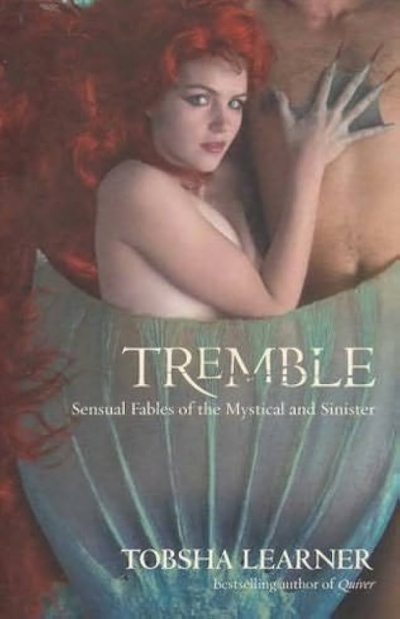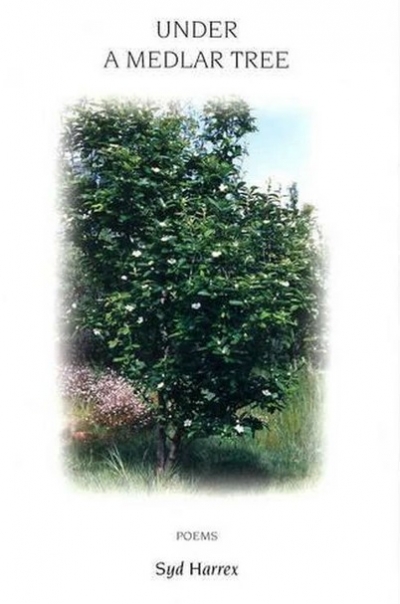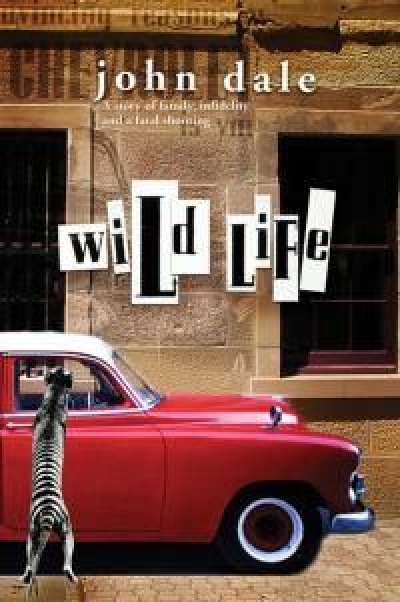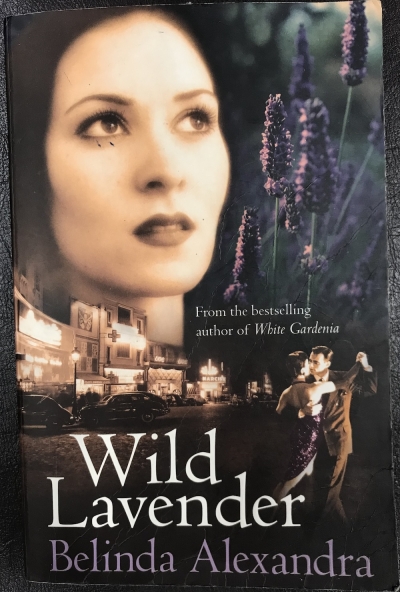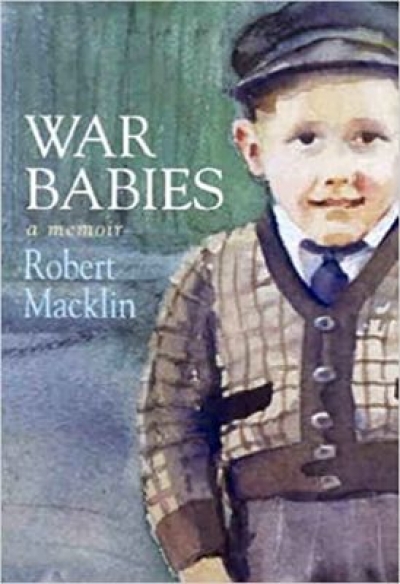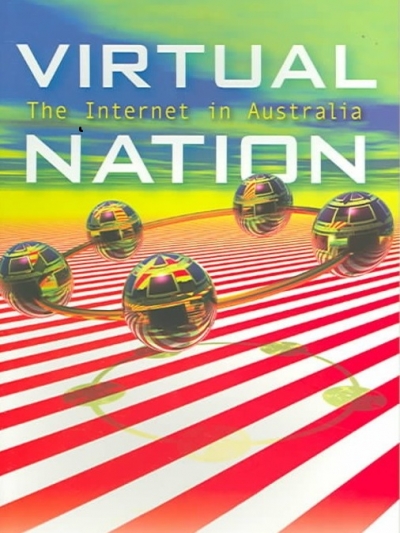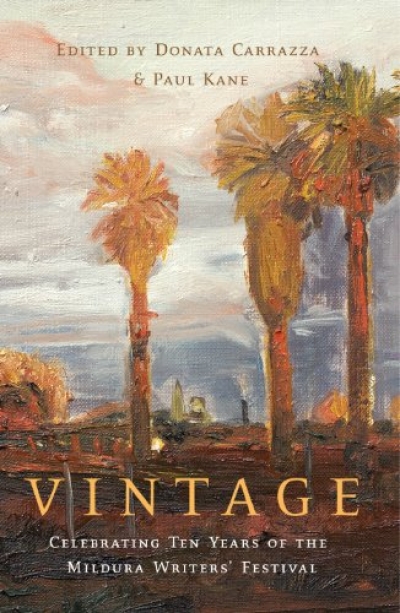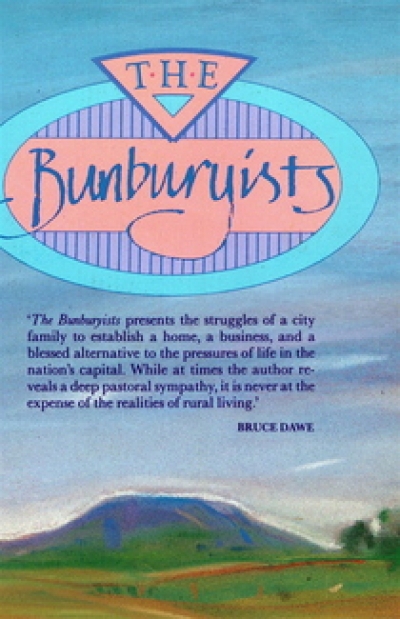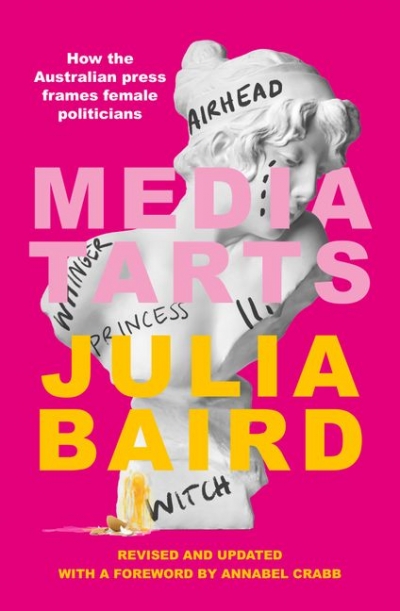Archive
Tremble: Sensual fables of the mystical and sinister by Tobsha Learner
by Thuy On •
Under a Medlar Tree by Syd Harrex & Head and Shin by Tim Thorne
by Geoff Page •
Virtual Nation: The internet in Australia edited by Gerard Goggin
by Joel Deane •
Vintage: Celebrating ten years of the Mildura writers' festival edited by Donata Carrazza and Paul Kane
by Morag Fraser •
This six a.m. moment
in the cool-blue cool
of early morning
is not eternal.
Media Tarts by Julia Baird & Chika by Kerry Chikarovski and Luis M. Garcia
by Rachel Buchanan •

